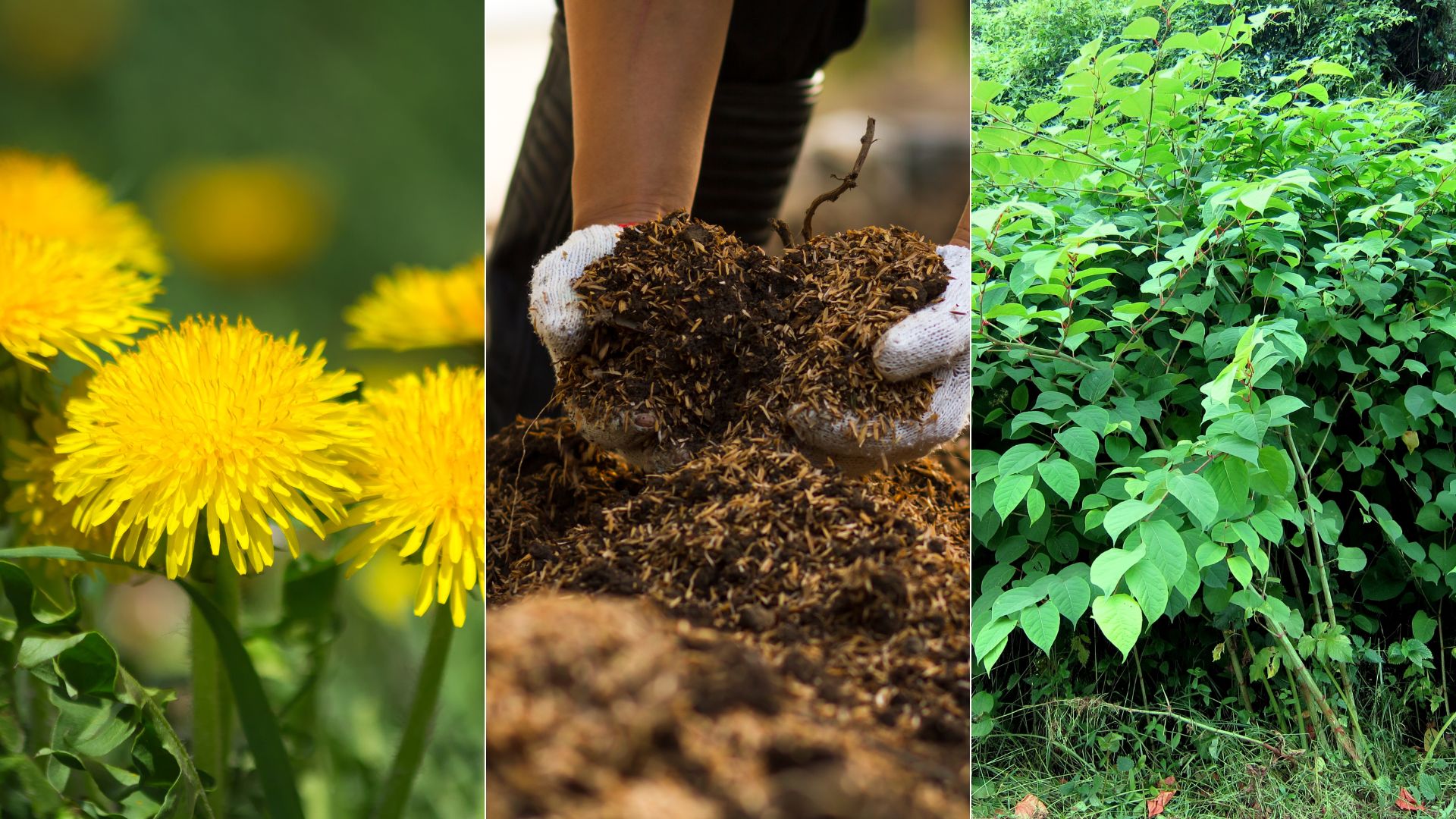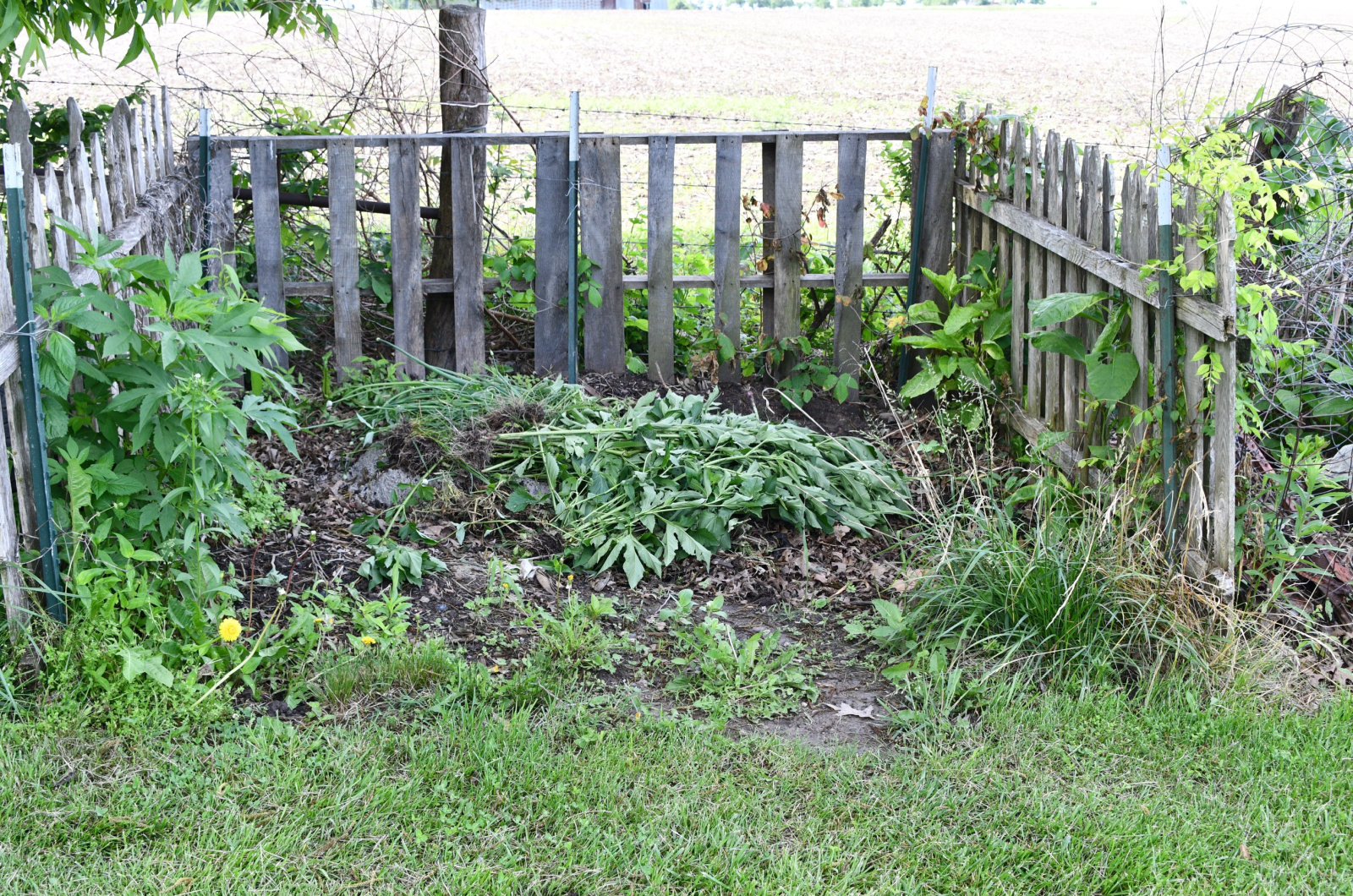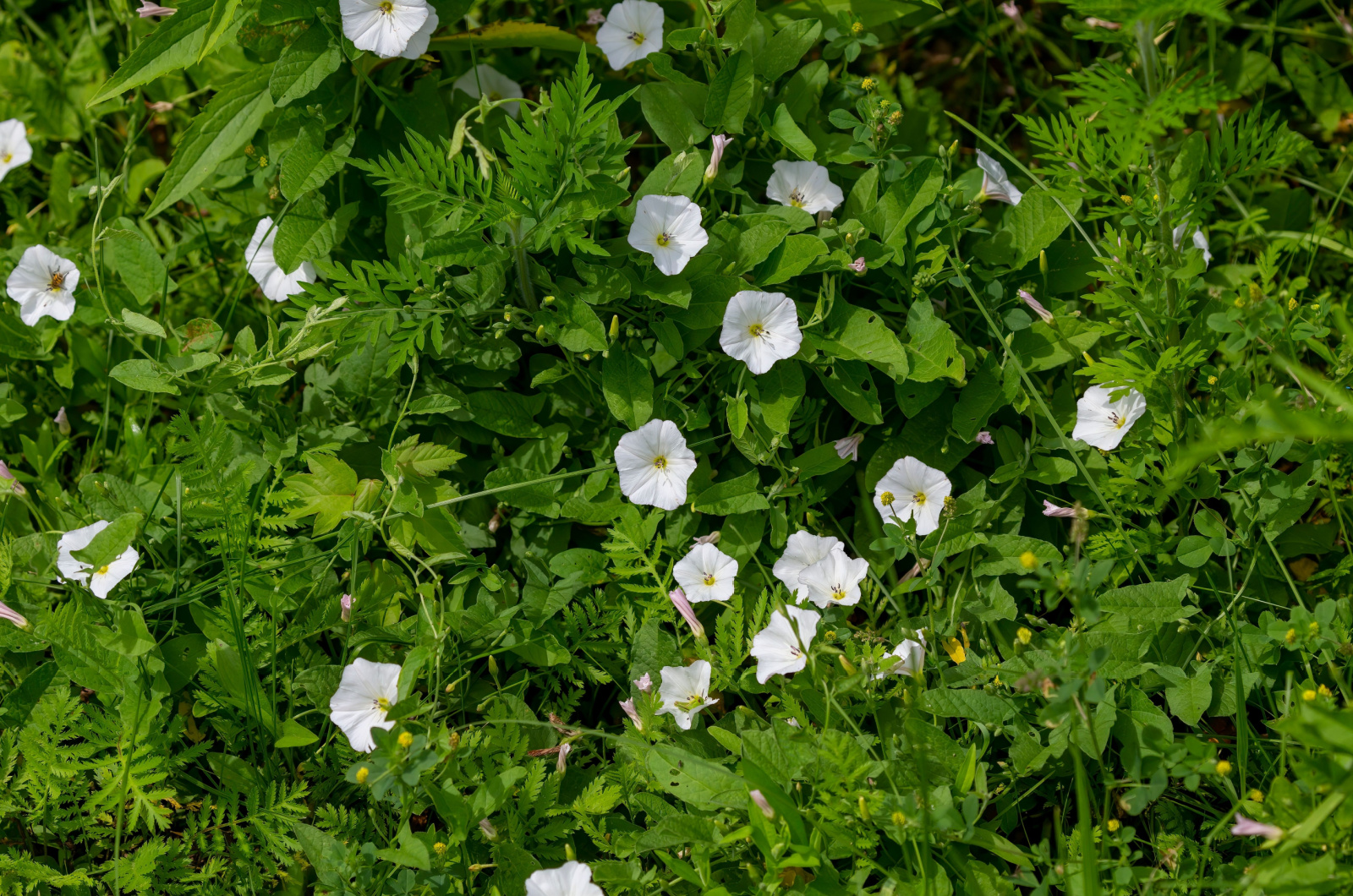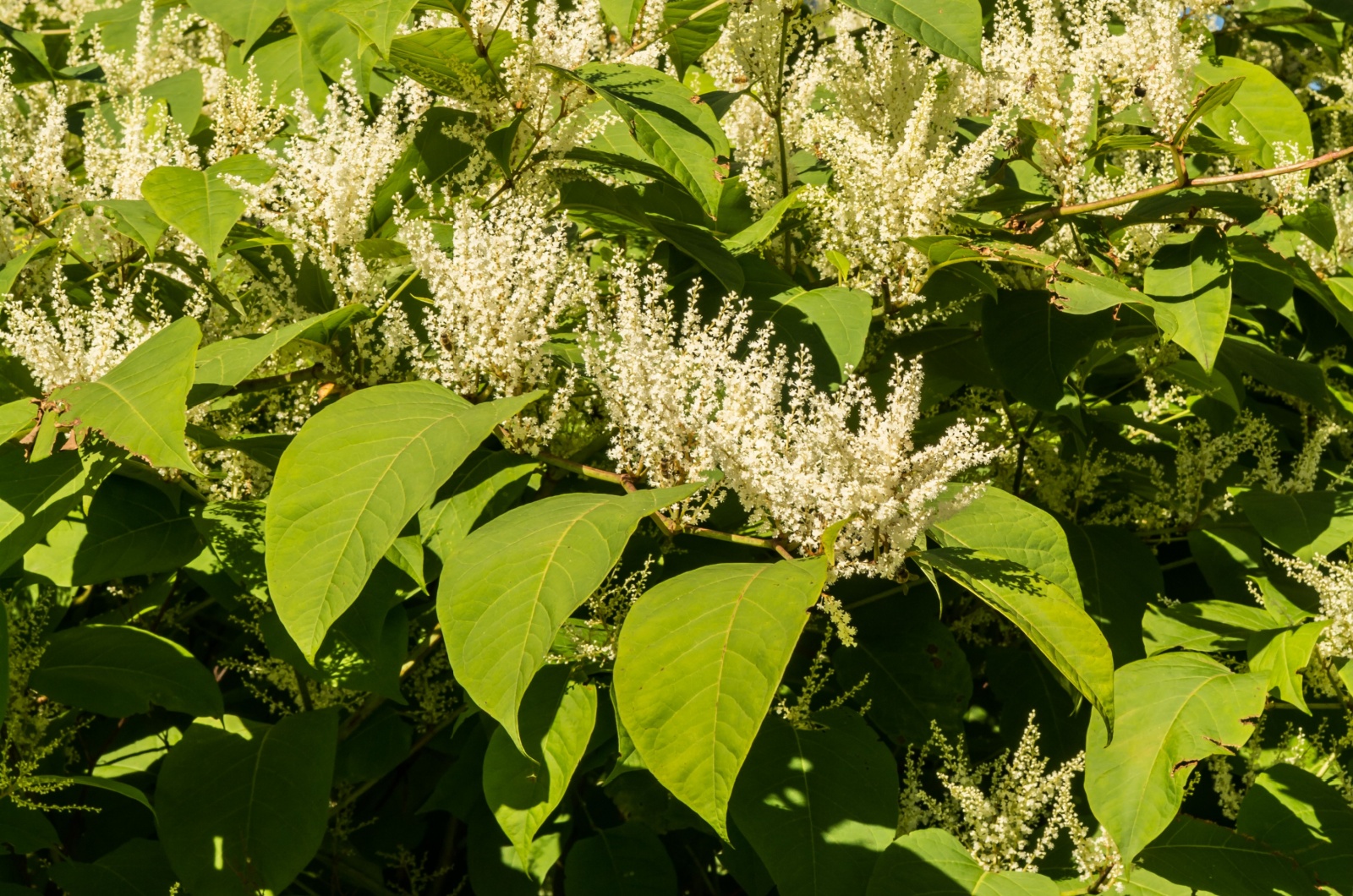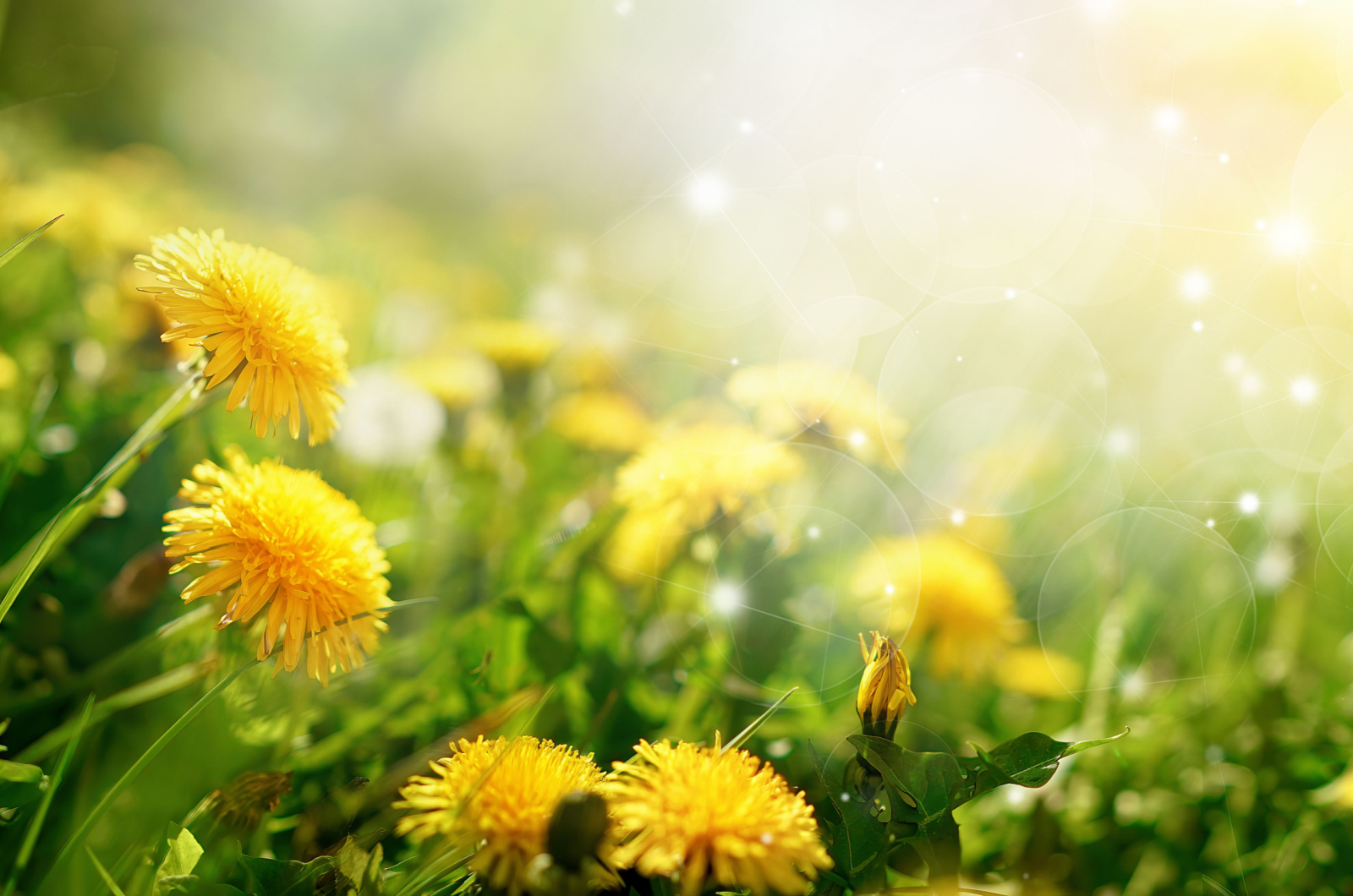Composting is a wonderful way to turn organic waste into nutrient-rich soil, but not all weeds should find their way into your compost bin.
As you tend to your garden and gather materials for composting, it’s essential to be selective about the weeds you include. Some weeds carry the potential to cause more trouble than benefit in your compost pile.
In this article, we are going to talk about 3 types of weed that you should never compost. Carefully read this article before you start throwing stuff in your compost bin!
Is Composting Weeds A Good Idea?
Weeds are likely one of the things you didn’t know you can compost. Composting weeds can be a good idea under certain conditions, but it’s important to select appropriate weeds. Weeds in compost can help with moisture retention and improve the soil’s fertility.
While composting helps break down organic matter into nutrient-rich soil, some weeds can still pose problems even in a compost pile. Weeds that have gone to seed, invasive species, or those that easily regrow from small pieces are better avoided in your compost.
However, if you decide to add weeds, you should first shred them into tiny bits and pieces so that they decompose faster. This can be done with a lawn mower or a good pair of pruning shears.
It’s best to use annual weeds before they set seeds. Stay away from seeds that have produced flower heads filled with millions of seeds, or you might end up with chaos in your garden!
It is also interesting to note that some gardeners actually leave weeds to grow normally. Letting weeds grow can promote biodiversity, improve soil quality, and conserve water.
Just bear in mind that weeds can spread quickly, therefore it’s crucial to prevent them from taking over the garden.
Check out: The Best Compost For Vegetable Garden + 5 Great Options
How Long Till Weeds Decompose?
We always wonder how long it takes to make compost and how to speed up the process. With weeds, they usually take about 2 years to completely decompose.
Composting is generally a slow process that involves worms, sowbugs, and other soil microbes breaking down the organic matter. To make this a bit quicker, it’s recommended to chop or shred weeds into smaller pieces.
What also affects the decomposition rate is the type of organic waste being composted, as well as whether it is being done in a bin, heap, or tumble composter.
If you can’t decide between a compost pile or bin, read these 9 factors to help you decide.
These three types of weeds should never be composted, and here’s why!
1. Bindweed
I bet that in every composting guide you can find, not adding bindweed is the number one rule. This perennial weed has highly invasive roots, spreads easily, and can grow up to 3 feet tall!
If you add bindweed to your compost, its seeds will germinate and spread all over your healthy compost, thus completely ruining it. The best way to get rid of bindweed roots is in a garden waste bag because they are so invasive that they can even grow through the turf in the yard!
2. Japanese Knotweed
If you have dealt with Japanese knotweed before, then you probably already know why it should never be composted. This fast-growing perennial grows about 4 inches per day and can grow up to 9 feet tall!
Japanese knotweed is known for completely ruining nearby plants and even structures and objects in the garden. This is because it is a sturdy plant that spreads through rhizomes instead of seeds.
It can tolerate different climates and soil types. Once it starts to spread, it’s best to call professional help because Japanese knotweed is hard to get rid of.
In case you are currently dealing with knotweed control, check out this video:
https://www.youtube.com/watch?v=tWnLlNRmE5M
3. Dandelions
Surprisingly, dandelions are also a type of weed that should not be added to your compost, well, at least not with their roots attached!
If you compost dandelions with their roots still firmly attached, they will regrow in the heap. For instance, red-seed dandelions can start flowering just 8 to 12 weeks after their seeds have germinated.
So, save yourself the trouble and avoid composting these three weeds!

